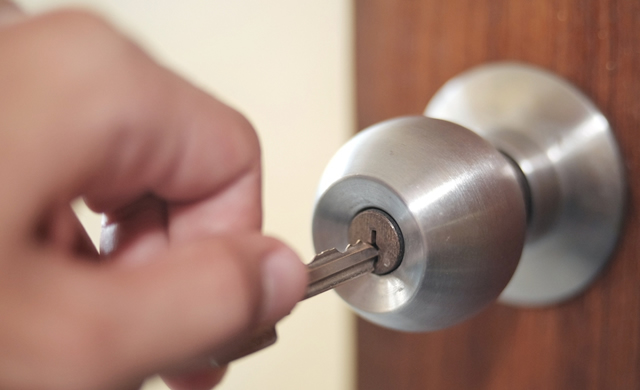What GRI Means After a REALTOR’S® Name
Texas REALTORS Staff2023-12-12T10:27:48-06:00REALTORS® can earn different certifications and designations to increase their expertise. Often, they list the credentials as abbreviations after their name—showcasing their commitment to providing a high level of professionalism through advanced education. Have you seen the letters “GRI” and wondered what they mean? The Graduate, REALTOR® Institute (GRI) designation is a nationally accredited program for real estate professionals looking to deepen their understanding of the industry. The 90-hour program consists of 14 intensive training courses in business development, legal and regulatory issues, professional standards, sales processes, and the latest technology. When you hire REALTORS®, you know they will have the skills to navigate the real estate market and achieve your goals.










